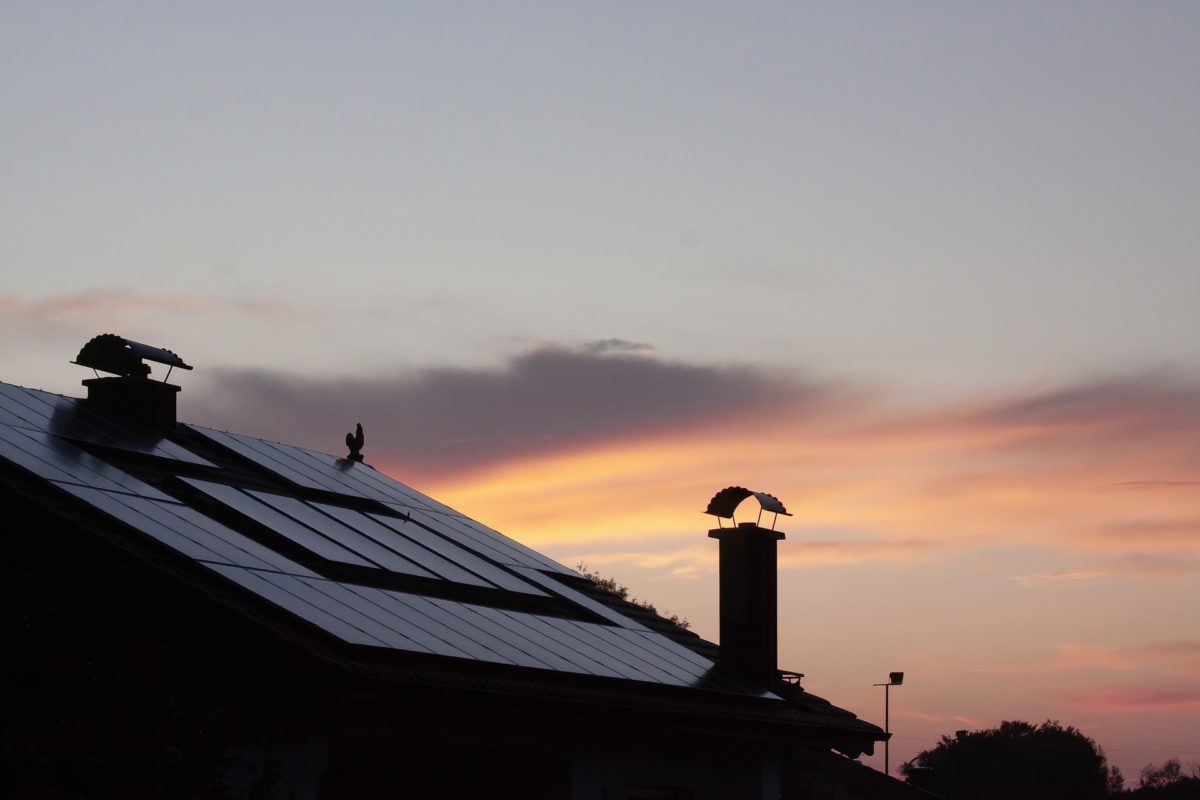Belgium's constitutional court has ruled that the regulation of the Flemish-speaking macro-region of Flanders that allows the owners of PV systems with a capacity of up to 10 kW to keep operating under net metering for up to 15 years after the grid-connection date, is unconstitutional.
The legislation, which was in force since 2019, introduced the mandatory installation of smart meters and granted residential PV system owners a 15-year grace period during which they could continue to operate under net metering with a smart digital meter, just like if they still had a standard meter. These provisions established that PV system owners could decide whether to install a smart meter and calculate net metering tariffs based on presumed electricity consumption or embrace smart meters and receive payments based on actual electricity usage.
The ruling affects more than 100,000 PV system owners and even more in the coming months, as smart meters are being rolled out, and can result in financial losses. The Flemish energy minister, Zuhal Demir, said she was disappointed by the decision of the constitutional court and said that solar system owners will be somehow compensated. “Operators of PV installations that don't have a smart meter can apply for compensation when installing it,” she explained, adding that solar arrays that were recently grid-connected will be prioritized.
“The government makes a distinction between people who have already achieved a lot of return from their investment and those who have barely achieved any return,” the minister explained. “Those who installed solar panels in 2010 have already achieved a very good return from their investment thanks to, among other things, green certificates. This is a big difference from a family that invested in 2020 and now has a financial hangover.”
The Flemish government said it will calculate the refunding amount for each installation year in euros per kilowatt of installed power, by the end of the week. Applications for the refunding will likely be accepted from the summer and first payments should be done from the autumn.
“From 14 January 2021 on, everyone with a digital meter and PV will lose net metering billing,” the managing director at Flemish renewable energy association Organisatie voor Duurzame Energie Vlaanderen, Dirk Van Evercooren, told pv magazine yesterday. “Not everyone is hit in the same way by this decision and some even benefit, because with net metering also the prosumer tariff will die,” he further explained. “This is logical, as the prosumer tariff was the counterpart decided by the regulator to compensate for the non-paid grid use by the prosumer.”
Most of Flanders' installed PV capacity is represented by PV systems not exceeding 10 kW in size installed under a green certificate scheme which expired a few years ago, or under the net metering regime, which is now expected to be replaced by a feed-in premium system based on contracts for difference.
Each of Belgium’s three macro-regions, including Wallonia and Brussels, has its own regulatory framework for solar and renewable energy. The country has the potential to reach 18 GW of solar capacity by 2040, according to a late-2017 report by grid operator Elia.
This content is protected by copyright and may not be reused. If you want to cooperate with us and would like to reuse some of our content, please contact: editors@pv-magazine.com.




This is going to back fire very very badly. Let me explain. I live in Flanders. Two developments have been occuring: PV on roofs, & the installation of dual purpose heat pumps (heat winter & air conditioning cool in the increasingly hot summers). This is not theoretical, the houses either side of me both have dual-system heat pumps. The rise of a/c on a power network that is, frankly, a joke (3 phase 230 volt – really?) is going to lead to volt drop problems winter and summer. Thus the dis-net will need all the support it can get in the summer – you know, embeded support from PV. The alternative is massively expensive network reinforcement. I was going to put PV on my roof and bats in the basement. Naturally, the surplus would be exported and I would expect paying for the electricity I generated – something that reflects the situational costs. However, I have no doubt that this will not be the case. However, I may well organise a privaet wire connection to neighbours, I’d rather give the elec away than provide it free to the assorted parasites that masquerade as power genrators in Belgium. This is all going to end very badly for Belgium. Constitutional Corut? Constitutional idiots probably with links to the big power producers.